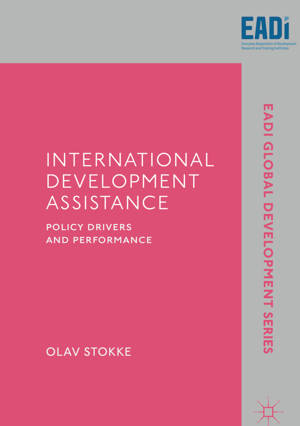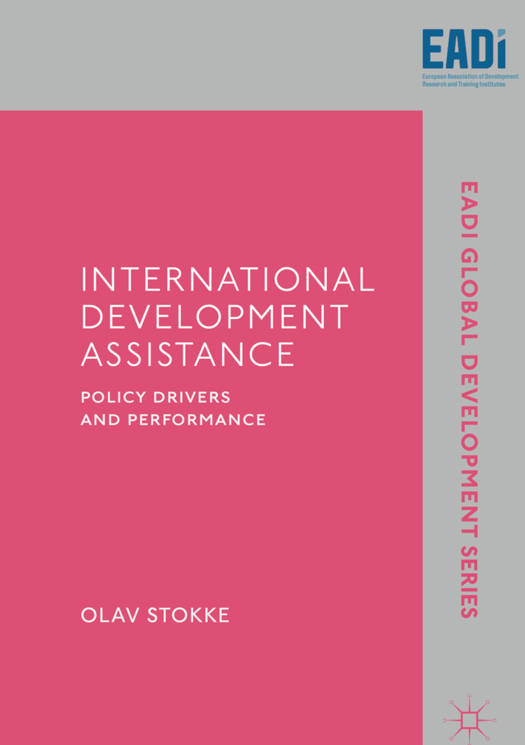
- Retrait gratuit dans votre magasin Club
- 7.000.000 titres dans notre catalogue
- Payer en toute sécurité
- Toujours un magasin près de chez vous
- Retrait gratuit dans votre magasin Club
- 7.000.0000 titres dans notre catalogue
- Payer en toute sécurité
- Toujours un magasin près de chez vous
Description
This book provides a comprehensive search for the basic political drivers of international development cooperation, based on the policy and performance of the OECD countries from the early 1960s to the present. The author focuses on the stated and implemented policies of the four so-called frontrunners and the Western hegemon, scrutinizing the changing trends in the justifications, objectives and guidelines set for the policy and their evolving performance vis-à-vis the international ODA target. Through extensive research, the work examines predominant world-views, societal value systems and foreign policy traditions, in order to find the policy drivers that vary nation to nation and how development assistance has evolved globally.
Spécifications
Parties prenantes
- Auteur(s) :
- Editeur:
Contenu
- Nombre de pages :
- 434
- Langue:
- Anglais
- Collection :
Caractéristiques
- EAN:
- 9783030062187
- Date de parution :
- 20-03-19
- Format:
- Livre relié
- Format numérique:
- Genaaid
- Dimensions :
- 148 mm x 210 mm
- Poids :
- 684 g

Les avis
Nous publions uniquement les avis qui respectent les conditions requises. Consultez nos conditions pour les avis.






